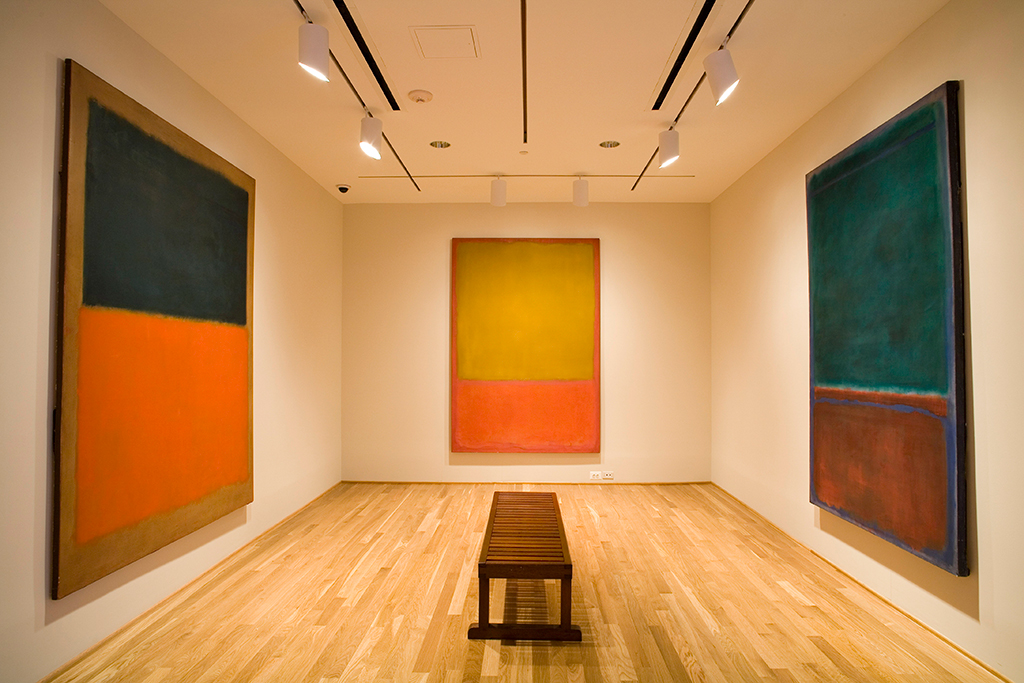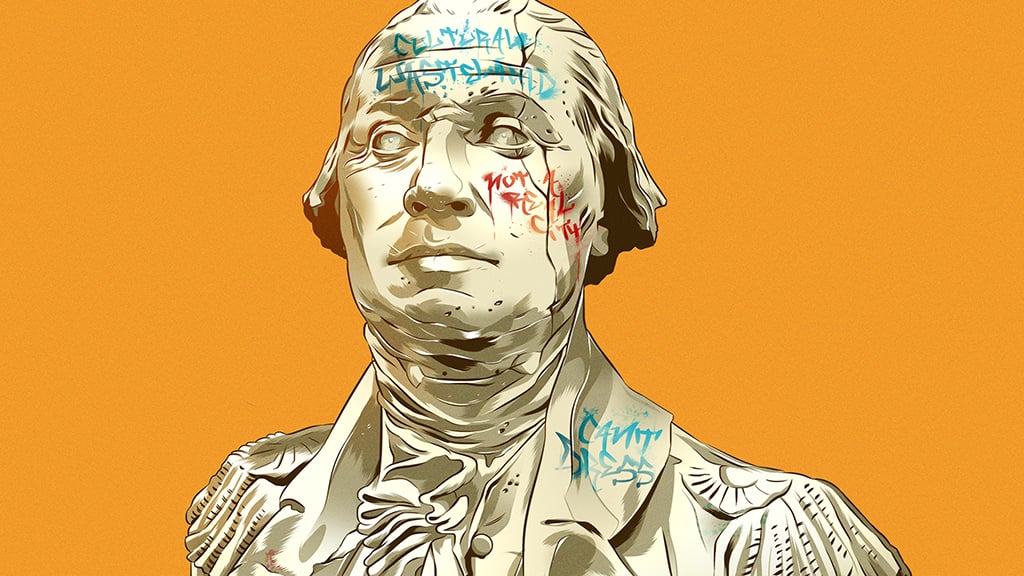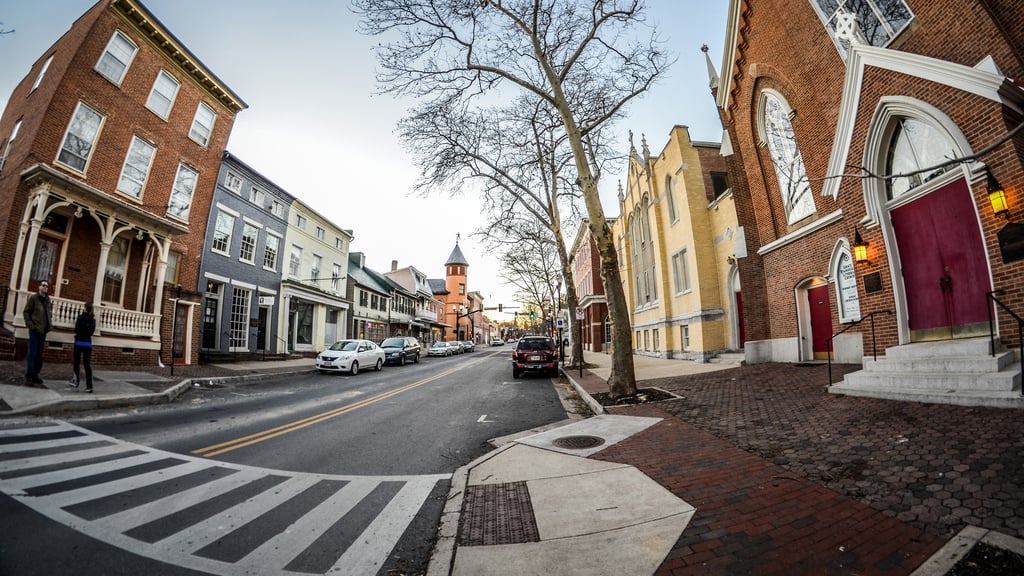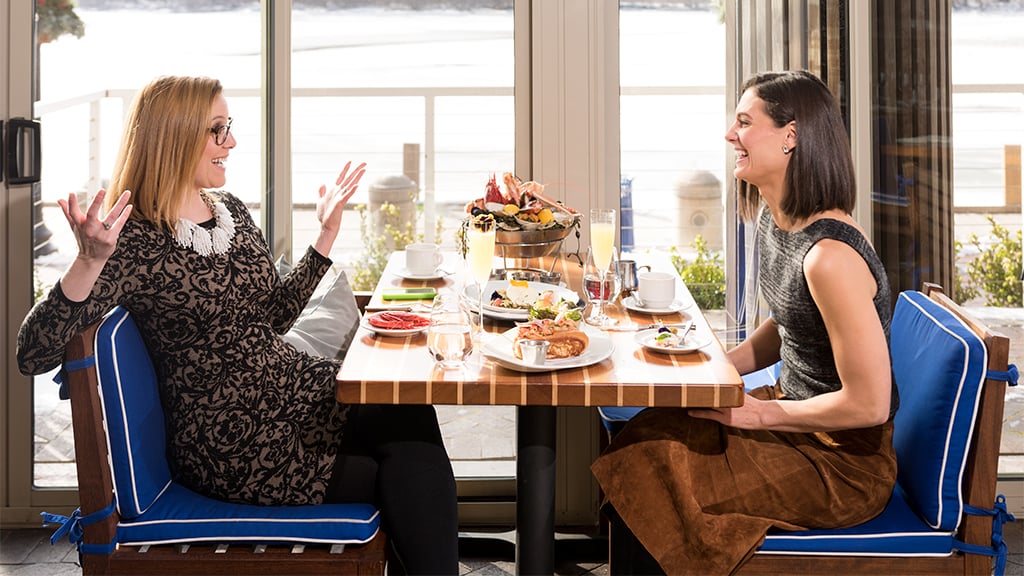The Charge: It’s a cultural wasteland.
The Defense: There is a whole lot going on—and it’s quieter.
It used to be that Washington was a fine place to make a life in culture because not many locals cared. Now Washington is a fine place to make a life in culture because enough locals (but not too many!) care. There is more than enough nourishment here. The city is no alibi for philistines, even if philistines abound in it. At the unimaginably exciting Watteau retrospective at the National Gallery in 1984, a few years after I moved here, I remember thinking: I must be living at the very center of the earth. I have been roused to the same sensation of extreme good fortune many times since—often in plain sight of the marmoreal temples that now look more like the tombs of government than its headquarters.
The capital is not the Capitol; there is beauty inside the infamous Beltway; thought and feeling are not suppressed by the suits and their self-importance. Who cares if you heard the last movement of Mahler’s Third at the Kennedy Center or at Carnegie Hall? Wherever you were, you were in Mahlerland, which rises above all power and all money.
Washington’s arts proceed nicely alongside Washington’s black arts. The Acela, which seems to reassure some Washingtonians about their proximity to what culturally matters, is in fact not what makes the city less provincial. We have perfectly adequate resources with which to begin. What matters is not the quality of your address but the quality of your spirit. Creativity, like sterility, is possible everywhere.
Anyway, it is time to retire the old distinction between the center and the provinces, not least because the center, which of course means New York, is itself so provincial. The provincialism of the center is always worse, and funnier, than the provincialism of the provinces. In the provinces, they at least care about what the center will think. In the center, they care only about what they themselves think. Is there a greater narrowness? There are peasants in Kazakhstan with broader horizons than Frank Rich. The problem is not only the frenzied materialism of New York (which is the result not of the cost of living but of the prestige of money). In New York, they believe that Marina Abramowić and Lena Dunham and Patti Smith are pillars of our civilization. It is one of the privileges of the center to mistake its middlebrow for highbrow. In the provinces, by contrast, they—I mean the small number of people who care about the soul and the senses—might still sweat the difference.
But the number of such people is small everywhere, and they know who they are. According to an Arab proverb, the donkeys smell each other across seven valleys. Where is the capital of beauty or goodness or truth? There is no such place on any map. The geography of art and thought is more democratic and more polycentric. For artists and thinkers, it is always catch as catch can. Who was the more universal writer, Faulkner or Mailer? When David Foster Wallace lived in Bloomington and Claremont, Bloomington and Claremont were an alpha and an omega. There is not a spot on earth that cannot provide the necessary stimulations if you are awake to them. And there is not a spot on earth that is safe from the dispersions and distractions (and inspirations) of digital life. Places do not need to be deplored or defended. What needs to be deplored or defended is what one does with one’s life.
This article appears in our Defense of Washington feature in the March 2016 issue of Washingtonian.


















